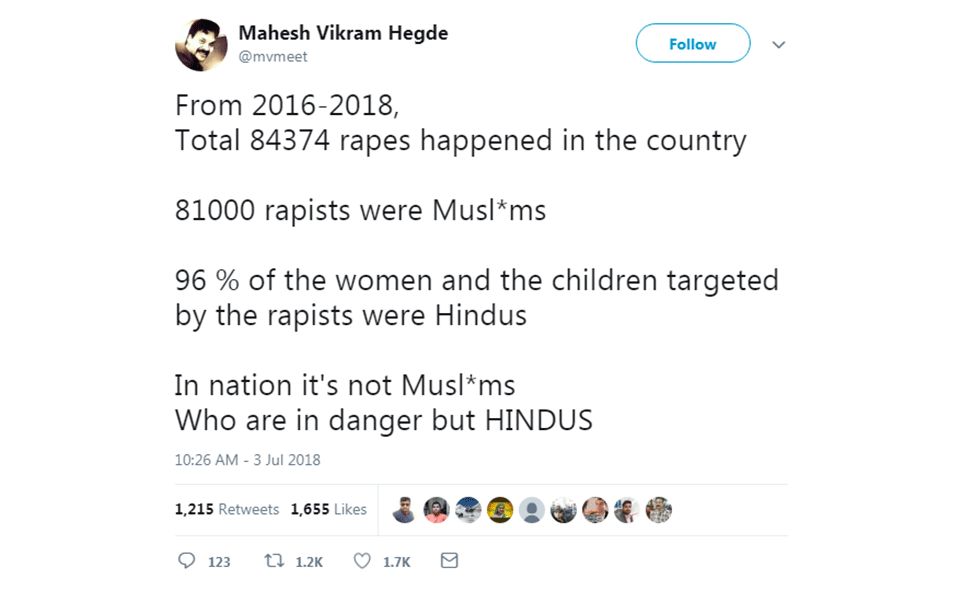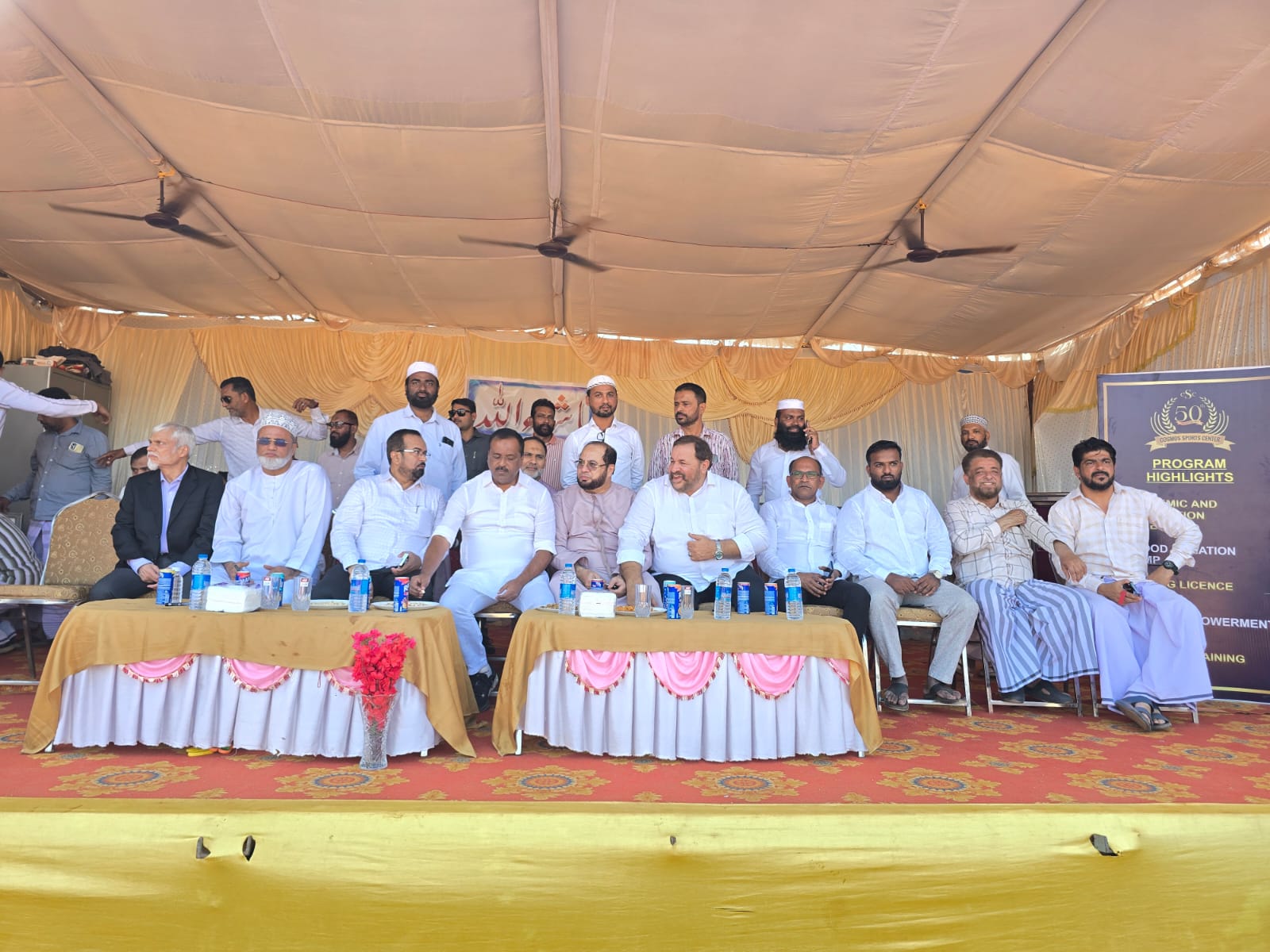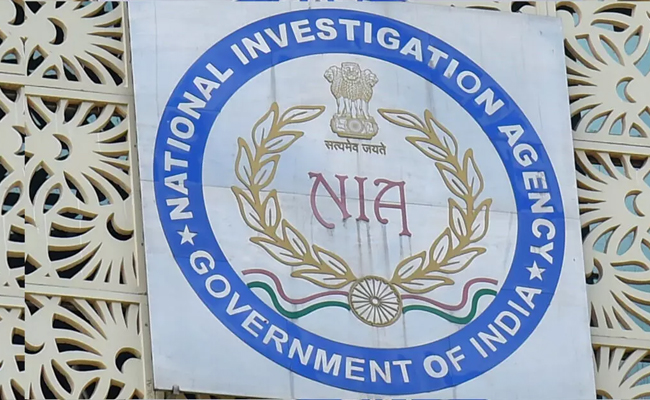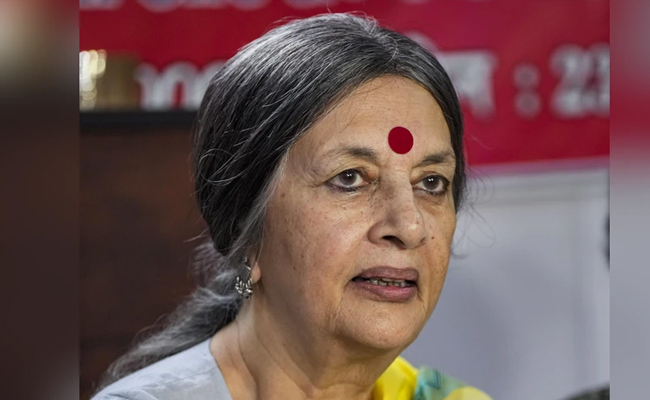NCRB की रिपोर्ट: महिलाओं के लिये भारत सर्वाधिक असुरक्षित है कारण: भारत में 95% बलात्कार मुल्ले करते हैं 2016 मे कुल 84734 बलात्कार में से 81000 बलात्कार मुल्लों ने किया और इनकी शिकार महिलाओं में से 96% महिलाएं गैर मुस्लिम हैं इनके जनसंख्या बढेगी बलात्कार की संख्या बढते जायेगी (NCRB report: India is most dangerous for women reason: In India, 95% of the rape cases have a Muslim perpetrator. Of the total 84734 rape cases, 81000 rapes had a Muslim rapist and 96% of the victims are non-Muslims and with an increase in their population, number of rapes will also increase -translation).
This message is currently circulating on social media platforms. It claims that Muslim men are responsible for an overwhelming number of rapes and that most of the victims are non-Muslim women. This message states that these figures are from the year 2016.
Among those who have shared, it is Mahesh Vikram Hegde, founder of fake news website PostCard News on July 3, albeit without reference to the NCRB report. At the time of writing, Hegde’s tweet has been retweeted more than 1200 times. Hegde is also followed by PM Modi on Twitter.
The provocative claim has also been shared on Twitter and Facebook.

It is evident from this message that a fear psychosis is sought to be created among members of the majority community by portraying Muslims as sexual predators.
Does NCRB record rape crimes on the basis of religion?
National Crime Record Bureau(NCRB) is the nodal agency for the compilation of statistics on crime in India. The last report by the NCRB on ‘Crime in India’ which catalogs incidents of crime committed in 2016. According to the methodology section adapted in 2016, it is the ‘population’ segment that defines the demography on the basis of which crimes are recorded in the document. There is no reference to religion as a category for recording crime.

We have posted below relevant screenshots from the ‘Crime in India’ 2016 report. The data shown below is a tabulation of the incidents of rape across different states in 2016. As can be seen, there are two broad categories under which crimes of rape are tabulated- Age group of the victims, and offenders’ relation to the victims.
- Rape victims are categorized into age groups. There is no mention of women of a particular religion as victims.

- Offenders’ relation to the victim is tabulated, with the two broad categories of offenders known to the victims and not known to the victims.

As can be seen from the data in the ‘Crime In India’ report, there is no column for religion and the data is limited to age and offenders’ relationship with the victim.
NCRB: Wrong data and complete misrepresentation of facts
In an official statement given to Alt News regarding the claim, NCRB has clarified, “It is totally wrong data & complete misrepresentation of facts as NCRB does not collect data on the religion of accused & victims. It is malicious propaganda, which needs to be countered by the law-abiding citizens. Concerned officials have been advised to initiate legal action.”.
Incitement to communal hatred is a recurring theme in the social media ecosystem wherein ingenious ways are devised each day to further suspicion, prejudice, and hate. Such messages exploit the gullibility of social media users who may not be aware of the methodology and function of an institution like the NCRB.
From 2016-2018,
— Mahesh Vikram Hegde (@mvmeet) July 3, 2018
Total 84374 rapes happened in the country
81000 rapists were Musl*ms
96 % of the women and the children targeted by the rapists were Hindus
In nation it's not Musl*ms
Who are in danger but HINDUS
Courtesy: www.altnews.in
Let the Truth be known. If you read VB and like VB, please be a VB Supporter and Help us deliver the Truth to one and all.
Mumbai (PTI): In view of Argentine superstar footballer Lionel Messi's visit to Mumbai on Sunday, the city police are implementing stringent security measures, like not allowing water bottles, metals, coins inside the stadiums and setting up watchtowers to keep an eye on the crowd, officials said.
The police also said taking extra care to avoid any stampede-like situation and to prevent recurrence of the chaotic situation that unfolded in Kolkata during Messi's visit on Saturday as thousands of fans protested inside the Salt Lake stadium here after failing to catch a clear glimpse of the football icon despite paying hefty sums for tickets.
Messi is expected to be present at the Cricket Club of India (Brabourne Stadium) in Mumbai on Sunday for a Padel GOAT Cup event followed by attending a celebrity football match. He is expected to proceed to the Wankhede Stadium for the GOAT India Tour main event around 5 pm.
"In view of Lionel Messi's visit to Mumbai, the police are geared up and have put in place a high level of security arrangements in and around the stadiums located in south Mumbai. Considering the chaos that prevailed in Kolkata and the security breach, we have deployed World Cup-level security arrangements at Brabourne and Wankhede stadiums," an official said.
Expecting heavy crowd near the stadiums during Messi's visit, the city police force has deployed more than 2,000 of its personnel near and around both the venues, he said.
As the Mumbai police have the experience of security 'bandobast' during the victory parade of ICC World Cup-winning Indian team and World Cup final match at the Wankhede Stadium, in which over one lakh cricket fans had gathered, we are prepared to handle a large crowd of fans, he said.
"We are trying to avoid the errors that occurred in the past," the official said.
There is no place to sneak inside the stadiums in Mumbai like the Kolkata stadium, according to him.
The police are also asking the organisers to provide all the required facilities to the fans inside the stadium, so that there will be no chaos, he said, adding the spectators have purchased tickets in the range of Rs 5,000 to 25,000. After paying so much of amount, any spectator expects proper services, while enjoying the event, he said.
The police are expecting 33,000 spectators at the Wankhede Stadium and over 4,000 at Brabourne Stadium. Besides this, more than 30,000 people are expected outside and around the stadiums just to have a glimpse of the football sensation, he said.
The organisers responsible for Messi's India visit recently came to Mumbai to discuss security arrangements. During the meeting, the Mumbai police asked them not to take the event lightly, according to the official.
After those requirements were fulfilled, the final security deployment was chalked out, he said.
Police has the standard procedure of the security arrangements inside the Wankhede Stadium, where people are barred from taking water bottles, metals objects, coins. Police are setting up watch towers near the stadiums and there will be traffic diversions, so that there is maximum space available to stand, according to the official.
Police are also appealing to the spectators to use public transport service for commuting and avoid personal vehicles to reach south Mumbai.
To avoid any stampede-like situation, police are also taking precautionary measures and will stop the fans some distance ahead of the stadium and public announcement systems will be used to guide the crowd. Barricades will be placed at various places to manage the crowd.
In case the crowd swells up beyond expectation, the police will divert people to other grounds and preparations in this regard underway, he said.
Additional police force has been deployed in south Mumbai to tackle any kind of situation, he said.





